Sulfate vs. Sulfate-Free Shampoos: What’s the Big Deal?
Walk into any beauty aisle, and you’ll likely see shampoo bottles screaming “SULFATE-FREE!” like it’s the most important thing since sliced bread. But what’s the deal? Are sulfates really that bad? And if they are, why are they still in so many shampoos? Let’s break it down.
This post may contain affiliate links. Please see our disclosure policy for details.
What Are Sulfates, and Why Are They in Shampoo?
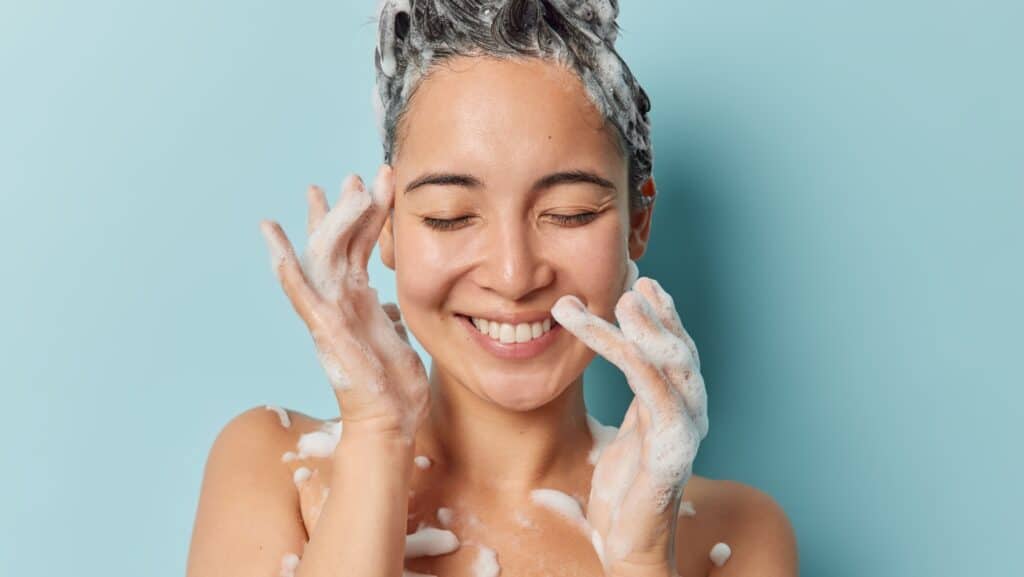
Sulfates are powerful cleansing agents, also known as surfactants. The two most common types found in shampoos are sodium lauryl sulfate (SLS) and sodium laureth sulfate (SLES). They’re responsible for that rich, foamy lather that makes your hair feel squeaky clean.
Sulfates work by attracting both oil and water, helping to wash away dirt, grease, and product buildup. They’re effective, inexpensive, and have been used in hair care for decades. So why do some people avoid them?
The Downsides of Sulfates

For all their deep-cleaning power, sulfates can be too harsh for some hair types. Here’s why people might want to skip them:
They Can Strip Natural Oils

If you have dry, curly, or color-treated hair, sulfates may leave your hair feeling parched.
They May Fade Hair Color Faster

Since sulfates remove oils so effectively, they can also pull out the color molecules from dyed hair, making it fade faster.
They Can Irritate Sensitive Scalps
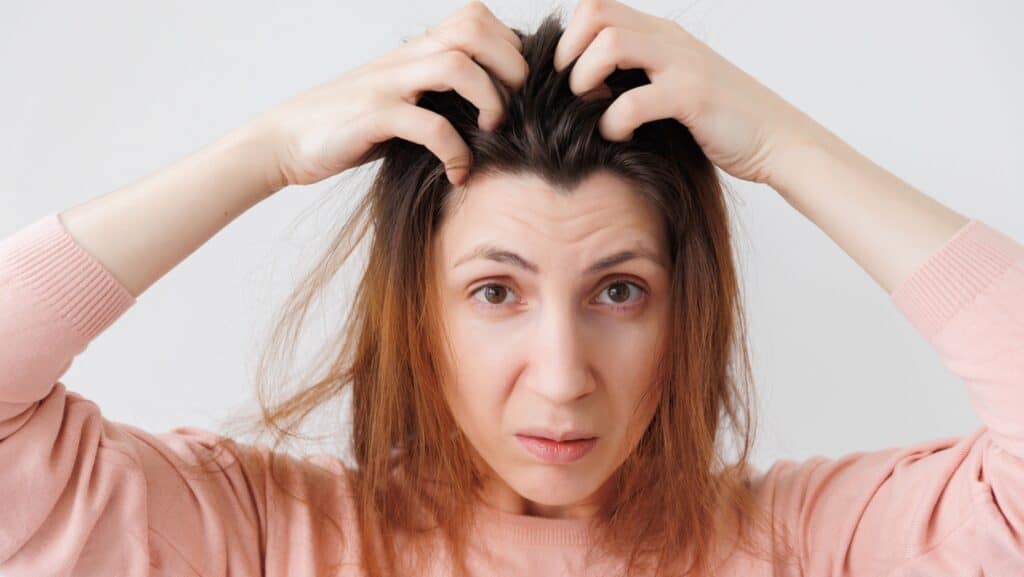
If you struggle with dandruff, eczema, or scalp sensitivity, sulfates might be making things worse by stripping moisture and causing irritation.
They Can Make Hair Frizzier

For those with curls or waves, sulfates can rough up the hair cuticle, leading to unwanted frizz.
Do Sulfate-Free Shampoos Really Preserve Color?
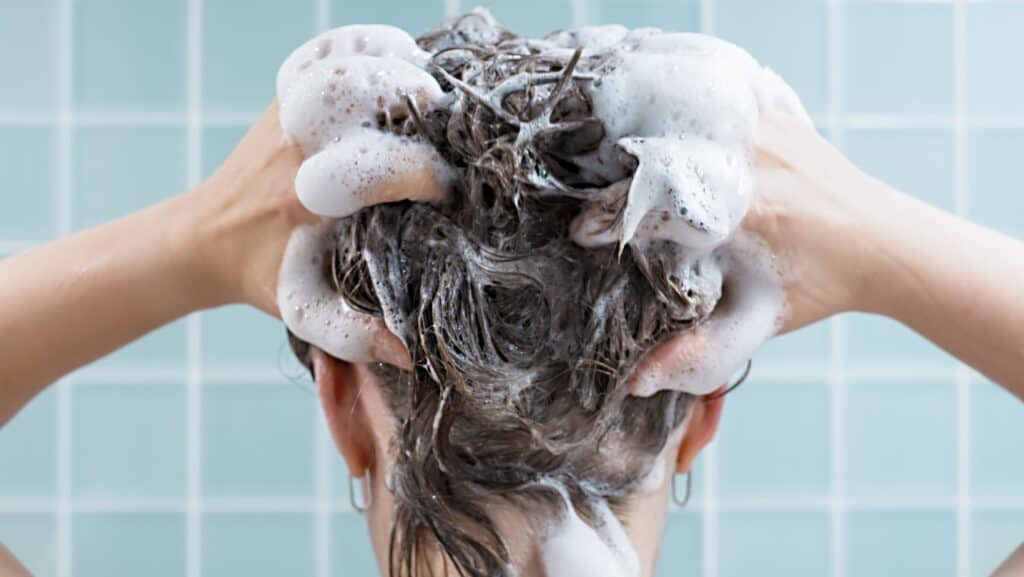
Yes! If you dye your hair, using a sulfate-free shampoo is one of the easiest ways to help your color last longer. Because these formulas are milder, they don’t strip away as much of the color molecules. Many color-safe shampoos are also sulfate-free for this reason.
That said, some sulfate-free shampoos still contain other detergents that can be a bit stripping, so always check the ingredients if color longevity is your main concern.
Who Should Use Sulfate-Free Shampoo?
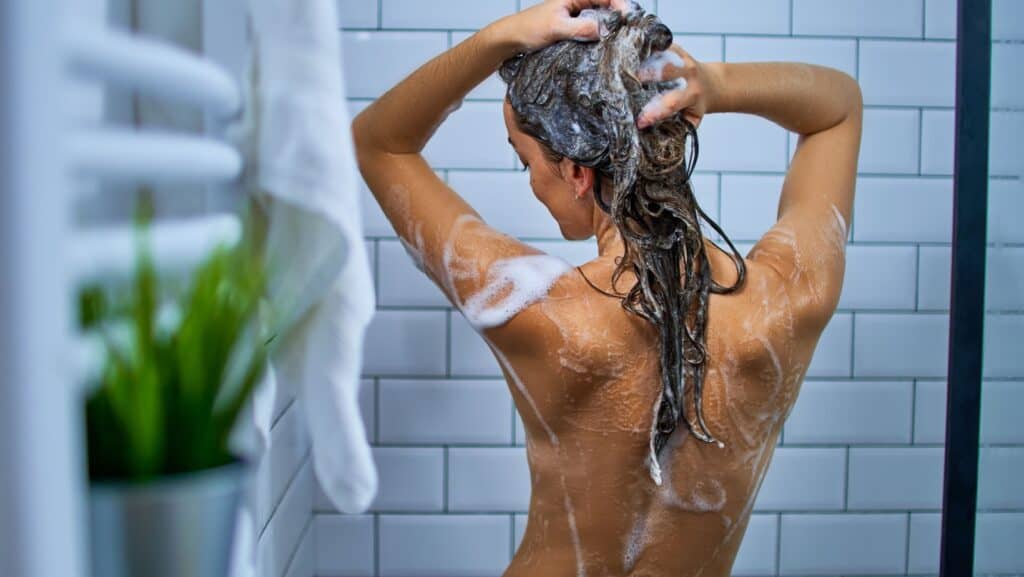
Sulfate-free shampoo isn’t just a trend; it actually benefits certain hair types more than others. You might want to consider one if:
- You have curly, wavy, or textured hair that needs extra moisture.
- You color your hair and want to keep it vibrant.
- You have a sensitive scalp that’s prone to irritation.
- Your hair tends to get dry or frizzy with traditional shampoos.
- You’re trying to transition to a more natural hair care routine and want fewer harsh chemicals.
On the flip side, if you have an oily scalp or use a lot of styling products, a sulfate-free shampoo may not give you the deep cleanse you need. Some people with fine, straight hair also find that sulfate-free formulas leave their hair feeling limp or greasy.
Are There Sulfates in Conditioner?
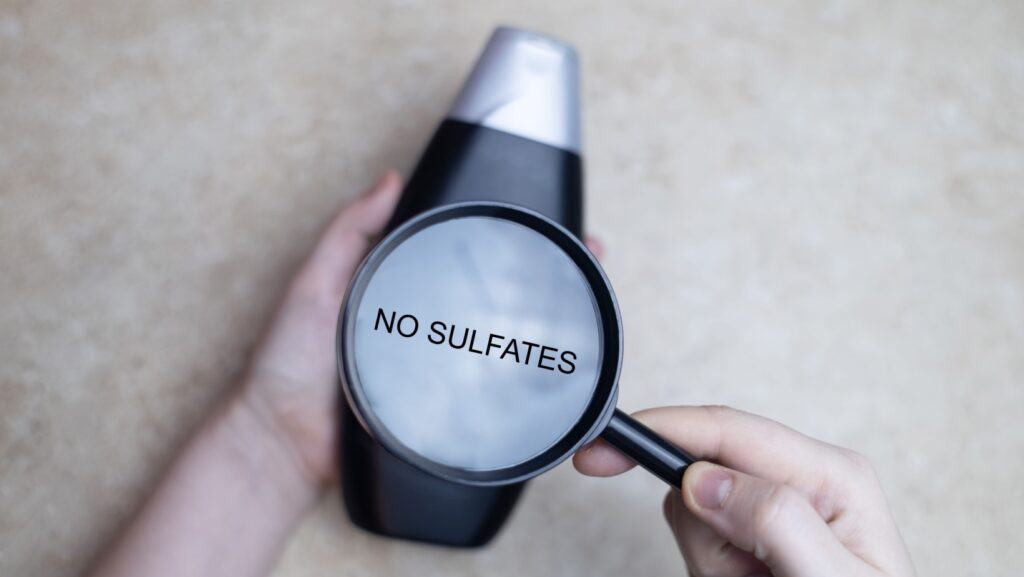
Typically, no. Conditioners don’t usually contain sulfates because they’re not designed to cleanse; they’re meant to moisturize and smooth the hair. However, some lower-quality conditioners may have surfactants or other ingredients that could be drying or irritating. If you’re avoiding sulfates completely, it’s always a good idea to scan the ingredients list.
Do Sulfate-Free Shampoos Lather?

One of the biggest complaints about sulfate-free shampoos is that they don’t lather as much. That’s because sulfates are responsible for that big, bubbly foam. But don’t be fooled—lather isn’t necessary for cleaning. Sulfate-free shampoos still remove dirt and oil, just in a gentler way.
Give Them A Try!
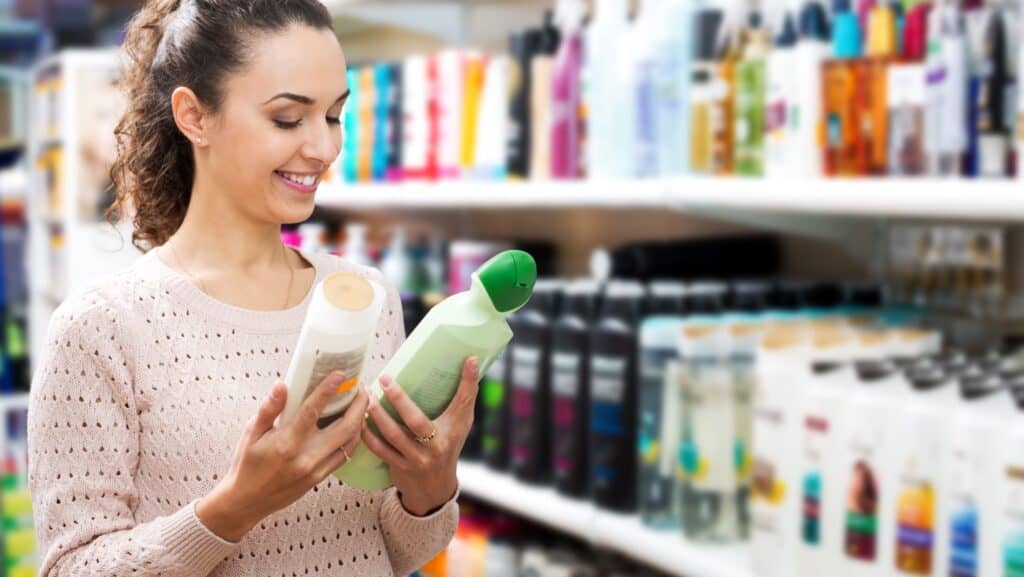
If you’re switching from a regular shampoo to a sulfate-free one, give it a few weeks. Your scalp needs time to adjust, and you might notice less oil production over time.
The Verdict: Should You Go Sulfate-Free?
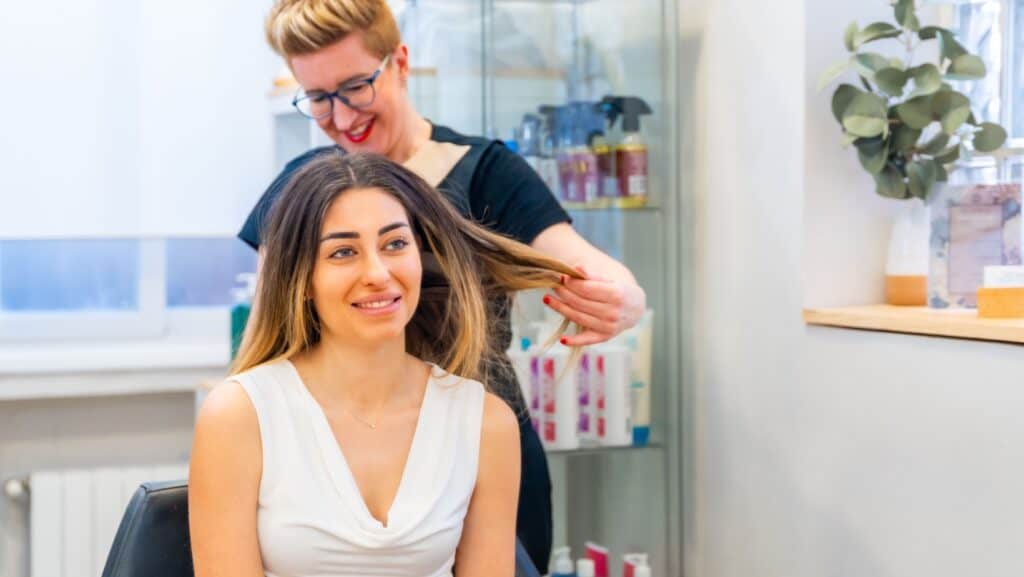
It really depends on your hair type and needs. If your current shampoo works fine and your hair feels healthy, there’s no urgent need to switch. But if you’re dealing with dryness, frizz, scalp irritation, or color fading, a sulfate-free shampoo could be a game-changer.
The best way to find out? Try it! Hair care is personal, and what works for one person might not work for another. Whether you stick with sulfates or go sulfate-free, the most important thing is to find a shampoo that makes your hair feel its best.
SHOP OUR RECOMMENDED PRODUCTS: (if you are viewing this on MSN please click here for our product recommendations)
How to Wash Your Face Correctly for Your Skin Type and Healthier Skin
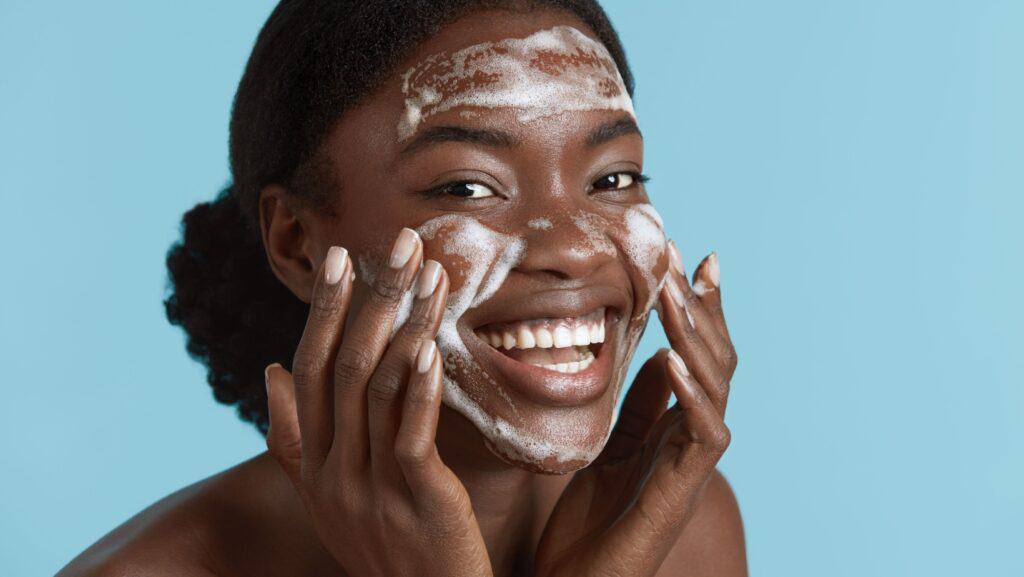
Washing your face might seem like the most basic step in your skincare routine—splash on some water, rub in a little cleanser, rinse, done. But ask any dermatologist, and they’ll tell you that how you wash your face can make or break the health of your skin. Whether you’re dealing with dryness, oiliness, sensitivity, or just trying to maintain a healthy glow, the method and products you use matter more than you might think. Here’s how to wash your face the right way—and what to change depending on your skin type.
READ: How to Wash Your Face Correctly for Your Skin Type and Healthier Skin
Join Us

Join us on this empowering journey as we explore, celebrate, and elevate “her story.” The Queen Zone is not just a platform; it’s a community where women from all walks of life can come together, share their experiences, and inspire one another. Welcome to a space where the female experience takes center stage. Sign up for our newsletter so you don’t miss a thing, Queen!
Last update on 2025-05-13 / Affiliate links / Images from Amazon Product Advertising API













